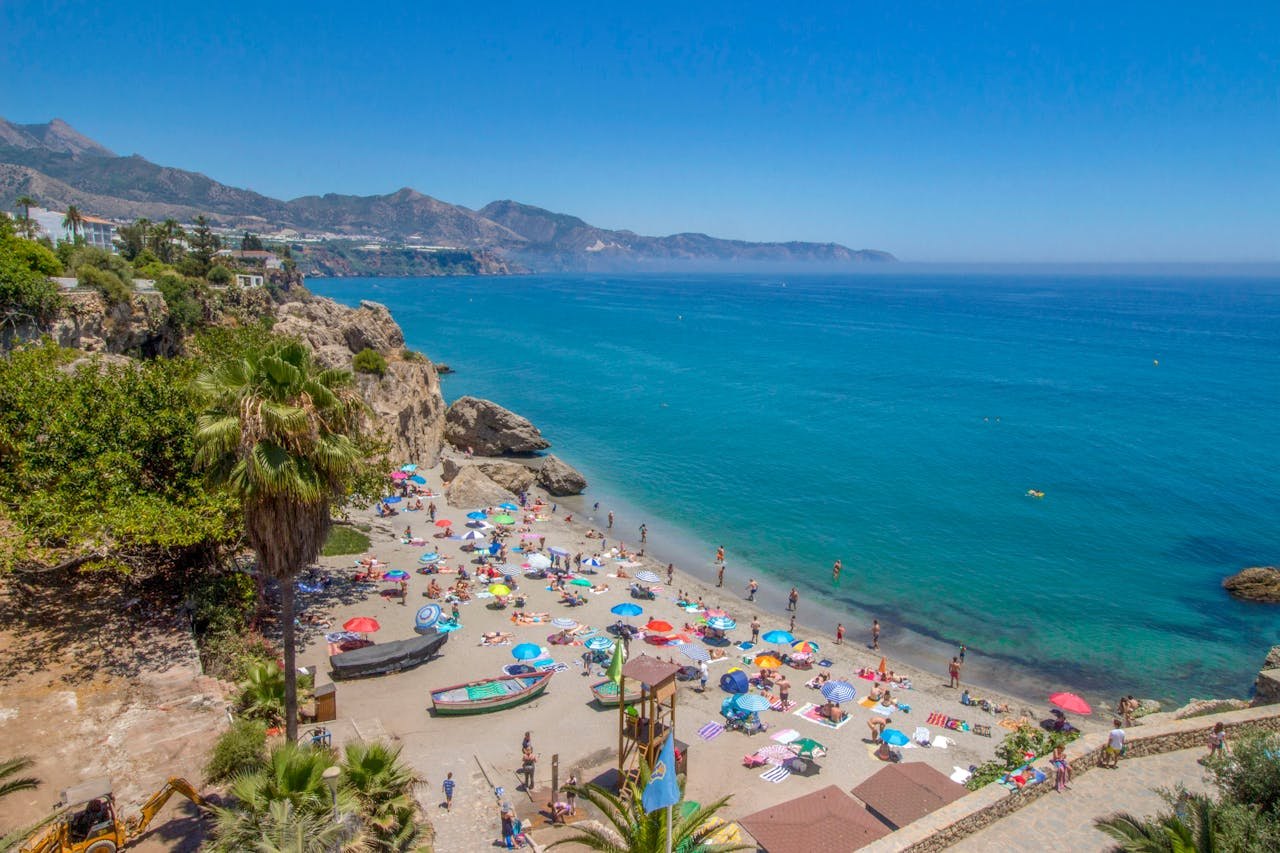Yes, Spain may overtake France as the top tourist destination, according to recent trends and reports from the United Nations World Tourism Organization (UNWTO). Experts believe that Spain could surpass France as the world's top tourist destination, based on current growth rates and strategic tourism efforts. Spain consistently ranks as one of the world’s top travel destinations, second only to France in terms of annual visitor numbers. However, Spain’s increasing popularity, combined with growth in regions like the Costa del Sol, Balearic and Canary Islands, and cultural hubs like Madrid and Barcelona, is closing the gap.
Factors contributing to Spain’s growing appeal include its mild year-round climate, diverse cultural heritage, attractive beaches, and rich cuisine. Additionally, recent tourism initiatives in Spain aim to promote sustainable tourism, improve visitor experiences, and expand beyond traditional tourist hotspots. Meanwhile, France has experienced fluctuations in visitor numbers due to factors such as strikes, regulatory changes, and evolving tourist preferences.
With continued growth, Spain is well-positioned to potentially claim the top spot. However, the outcome depends on how each country addresses challenges and capitalizes on its unique appeal.
If you thought Spain was just a beach holiday hotspot, think again! Spain is on the cusp of an extraordinary tourism boom that may well see it leapfrog France to become the world’s number one travel destination. With its diverse landscapes, mouthwatering cuisine, and lively cultural scene, Spain is capturing hearts (and travel itineraries) around the world. But what exactly is fueling Spain’s rise, and what can travelers expect if they head there this year? Let’s dive into the captivating factors driving this shift and the challenges both countries face along the way.
1. A Treasure Trove of Travel Experiences
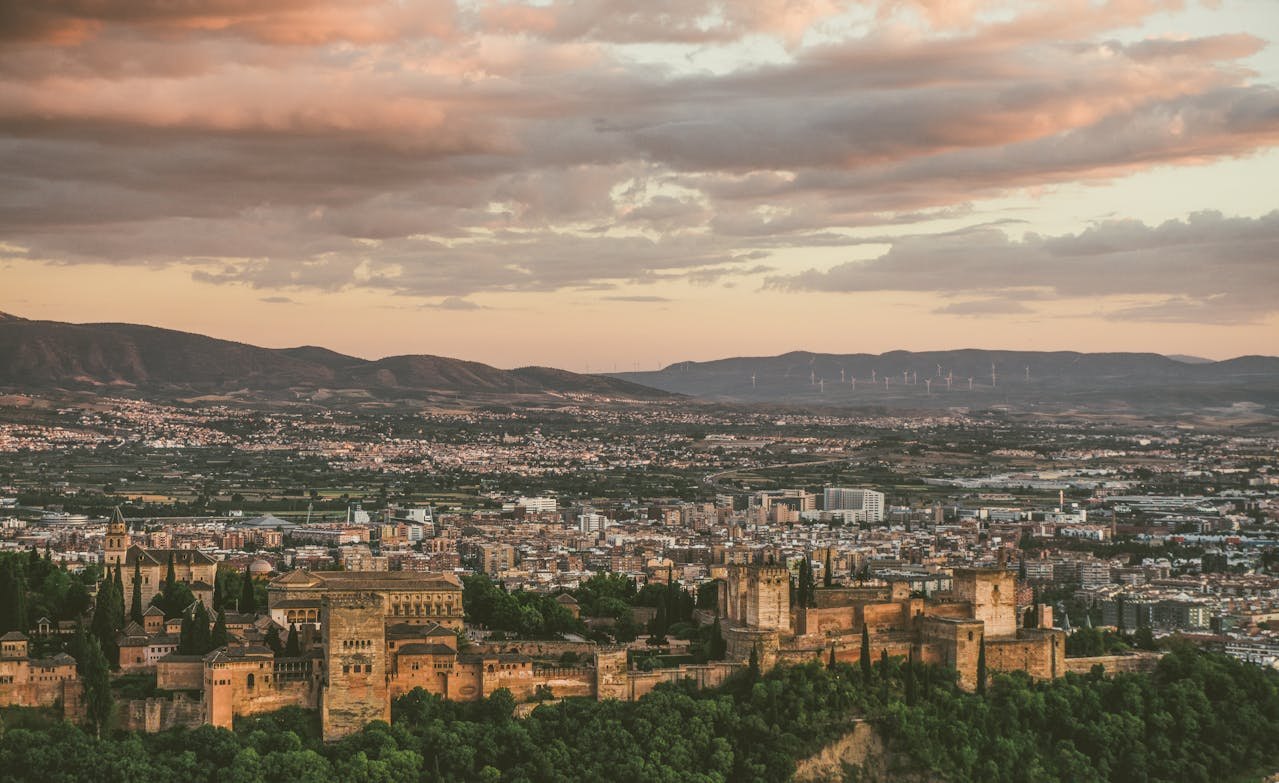
Spain has something for every traveler’s bucket list, and its vast array of offerings is hard to beat:
Sun-Soaked Beaches and Snow-Capped Mountains: From the Costa del Sol’s golden sands to the rugged peaks of the Pyrenees and Sierra Nevada, Spain offers stunningly varied landscapes for all types of travelers.
History Lovers Rejoice: Spain’s architectural marvels like the Alhambra, Sagrada Familia, and Toledo’s medieval streets bring history to life. Spain isn’t just a vacation—it’s a journey through centuries.
Hidden Gems for the Adventurous: While Barcelona and Madrid are undoubtedly beautiful, lesser-known destinations like Asturias and Galicia are seeing a surge in tourism. These regions boast lush scenery, quaint villages, and unique cuisine without the crowds—perfect for that off-the-beaten-path vibe.
2. The Rise of Sustainable and Slow Tourism

Spain’s tourism strategy is all about longevity and responsibility:
Promoting Lesser-Known Destinations: To ease the strain on cities like Barcelona, Spain is actively promoting destinations like Extremadura, La Rioja, and the Basque Country. This initiative not only supports smaller local economies but also gives travelers a more authentic experience.
Sustainability at Its Core: From eco-lodges in the Balearic Islands to hiking trails in Galicia, Spain is putting sustainable travel at the forefront. This responsible tourism approach appeals to modern travelers who prioritize eco-conscious experiences.
3. Post-Pandemic Recovery Like a Pro
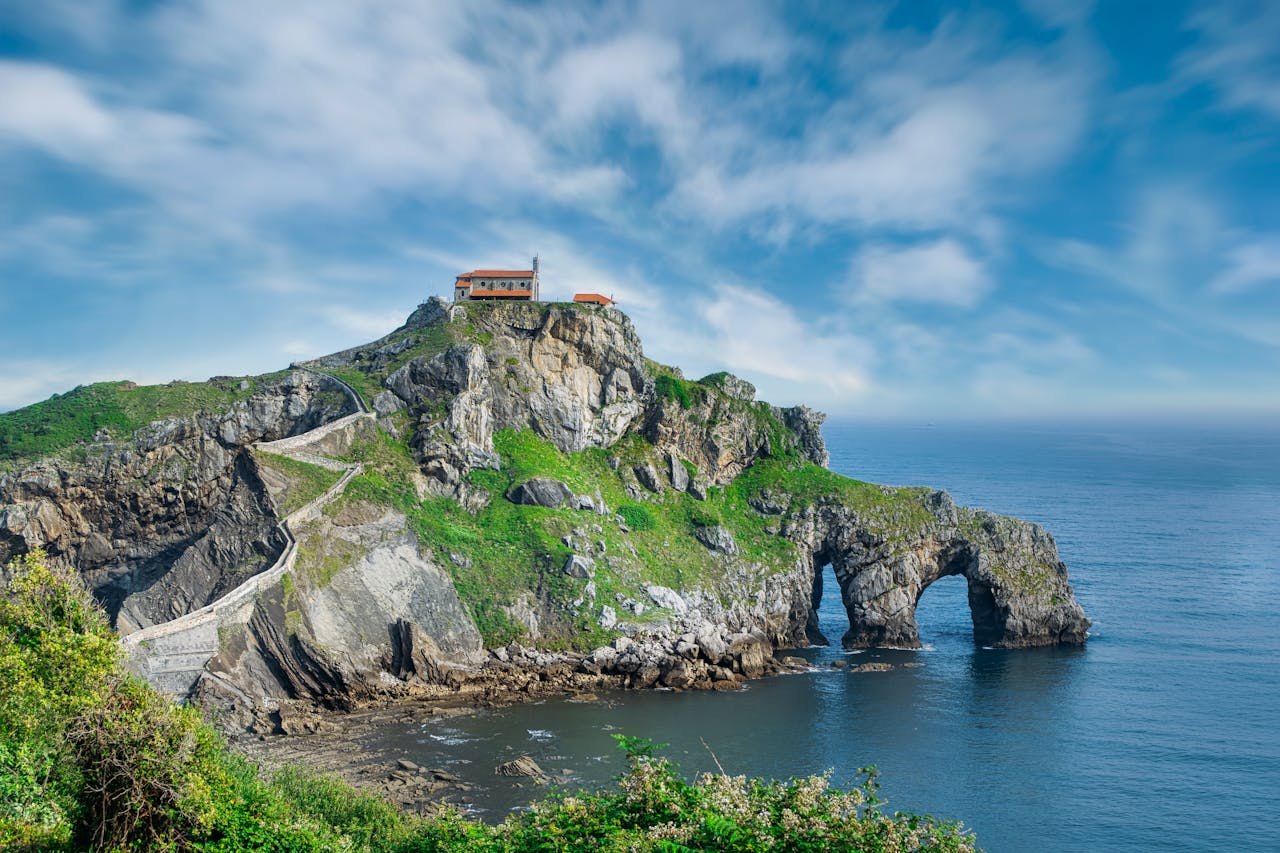
Spain’s quick response to the tourism slump brought by COVID-19 has paid off:
Safe and Smooth Reopenings: Spain was one of the first European countries to fully reopen to international tourism post-pandemic, giving it a head start in welcoming back travelers.
Attracting Digital Nomads: With its new digital nomad visa, Spain is appealing to a new wave of visitors who want to work and explore for extended periods. From sunny coastlines to bustling cities, Spain’s diverse locations provide an idyllic backdrop for remote work.
4. From Tapas to Tempranillo: The Unmatched Culinary Scene
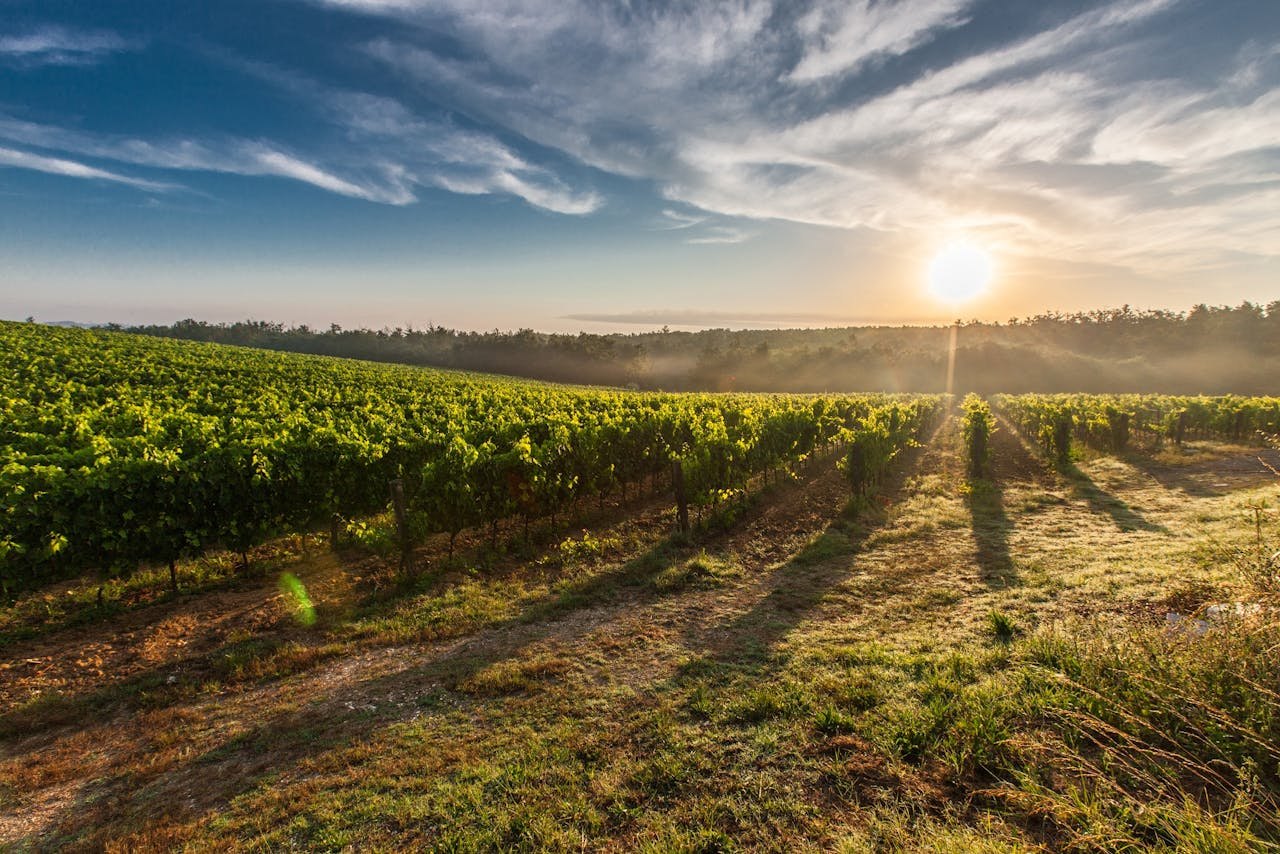
Food and wine are practically a religion in Spain, and it shows in the way Spain has nurtured its culinary and wine tourism:
Tapas and Tradition: Spain’s culinary reputation precedes it, with the country offering everything from Michelin-starred restaurants in San Sebastián to tapas trails in Seville. And let’s not forget the international allure of the Mediterranean diet!
Wine Wonders: Spain is among the top wine producers globally, and regions like La Rioja and Ribera del Duero are a must for wine lovers. Wineries here offer tours, tastings, and gorgeous vineyard views—perfect for a wine-country weekend escape.
5. A Traveler’s Paradise for Every Budget
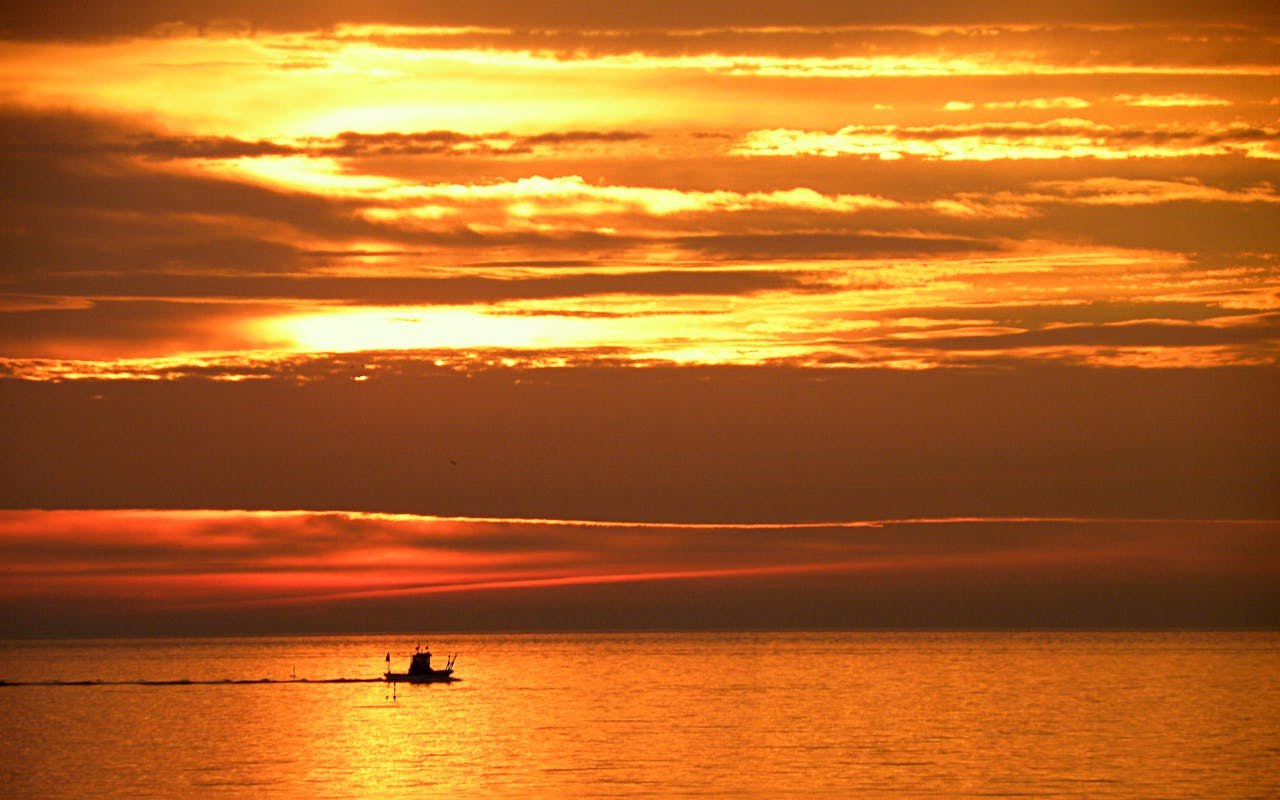
Let’s face it, vacationing in France can get pricey, especially in cities like Paris. Spain, on the other hand, offers experiences that cater to every budget:
Affordable Luxury: Whether it’s a charming coastal apartment on the Costa Brava or a villa in Andalusia, Spain provides luxury accommodations that won’t break the bank.
Value-Driven Experiences: A fantastic meal, a scenic train ride, or a day at the beach in Spain is often far more affordable than similar experiences in France. This budget-friendliness is a massive appeal for families and solo travelers alike.
6. Challenges on the Horizon
Of course, any major shift comes with its challenges. Here’s what both Spain and France are navigating:
Sustaining Growth and Managing Crowds: While Spain is welcoming its tourism boost, it’s also facing the challenge of managing popular spots that can sometimes feel overcrowded. With more travelers expected, Spain’s efforts in promoting alternative regions will be key to balancing its growth.
France’s Changing Social Climate: France has seen some recent disruptions, from transportation strikes to social unrest, which have, at times, affected tourism. These issues, while manageable, have driven some travelers to seek the comparatively more stable environment of Spain.
What to Expect for Travelers
If you’re planning a trip to Spain, get ready for an experience that’s a bit more off-the-beaten-path and eco-friendly than ever before:
Extended Travel Options: Thanks to improved train connectivity and digital nomad visas, it’s easier to stay longer and dive deeper into Spanish culture. Whether you’re looking to wander Andalusia’s white villages or explore the Basque countryside, there’s a slice of Spain waiting for you.
More Sustainable Experiences: From eco-lodges in Ibiza to rural stays in Asturias, Spain’s tourism industry is leaning green, so you can explore with a lighter footprint.
Final Thoughts
As Spain edges closer to potentially overtaking France, it’s clear that travelers are captivated by its affordable luxury, rich history, and commitment to sustainable travel. Whether you’re a history buff, a beach lover, or a culinary adventurer, Spain has it all—and now might just be the perfect time to discover it.
So pack your bags, grab a map, and get ready to explore Spain’s endless wonders. Who knows? You might just find yourself coming back for more!
Register today to our Guadalmansa Insider Newsletter and get all the latest updates & news about the Guadalmansa area in your inbox.
